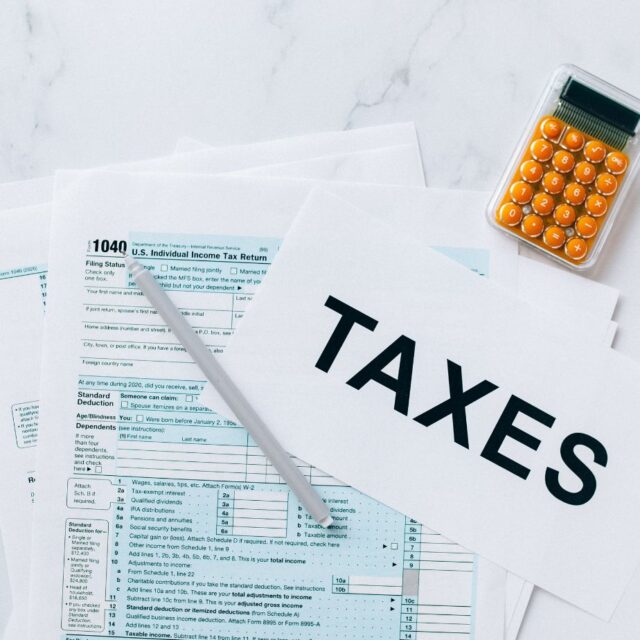
Which is better for you, a tax preparer or CPA? Both have their pros and cons, but one may be a better fit for your specific needs. Let’s explore the difference between these two professions to help you make the best decision for your taxes.
1. Tax preparer
A tax preparer is a person who helps taxpayers file their annual income tax return. Tax preparers can either work for themselves or for a company that provides tax preparation services. They are responsible for ensuring that taxpayers have all the necessary documentation, including W-2 forms and 1099 forms, and that they understand the tax laws. In addition, tax preparers often help taxpayers to claim deductions and credits that they may be eligible for. While anyone can prepare their own taxes, many people choose to use the services of a tax preparer in order to ensure that their taxes are filed correctly and in a timely manner.
2. CPA
A CPA, or certified public accountant, is a professional who provides financial services to individuals and businesses. CPAs are licensed by the state in which they practice, and they must meet certain educational and experience requirements. In addition to preparing tax returns and auditing financial statements, CPAs can also provide financial planning and consulting services. When choosing a CPA, it is important to choose someone who is experienced and reputable. You should also make sure that the CPA you choose is licensed to practice in your state. By doing your research and choosing carefully, you can ensure that you receive the best possible service from a qualified CPA.
3. The difference between a tax preparer and a CPA
When it comes to preparing your taxes, you have a few different options. You can do it yourself, have a CPA prepare them for you, or use a tax preparer. Each option has its own set of advantages and disadvantages, so it’s important to choose the one that makes the most sense for your particular situation.
One of the biggest advantages of using a CPA is that they’re typically more knowledgeable about tax law than tax preparers. This means that they’re more likely to be able to take advantage of deductions and credits that you might not be aware of. CPAs also have a fiduciary responsibility to their clients, which means they must always act in your best interests. However, all this expertise comes at a price – CPAs typically charge much more than tax preparers.
Tax preparers, on the other hand, are typically less expensive than CPAs. They can also be a good option if you have a relatively simple tax return. However, because they’re not as knowledgeable about tax law, there’s always the possibility that you could end up missing out on some deductions or credits. And if your tax return is complex, you might be better off going with a CPA. Ultimately, the decision of whether to use a tax preparer or CPA depends on your individual circumstances.
4. Which one is right for you
Tax season is upon us, and for many people that means it’s time to find a tax preparer. But with so many options available, how do you know which one is right for you?
If you have a simple tax return, a tax preparer may be all you need. But if your taxes are more complicated – for example, if you own a business or have investments – you’ll want to use a CPA. CPAs are better equipped to handle complex tax situations and can offer valuable guidance in financial planning. They also provide a higher level of protection in the event of an audit.
5. How to choose the best one for your needs
Tax season can be a stressful time for many people. Not only are you dealing with the financial paperwork and records from the previous year, but you also have to navigate the complex tax code in order to ensure that you’re getting the maximum refund possible. One of the first decisions you’ll need to make is whether to use a tax preparer or a certified public accountant (CPA). Both professionals can help you file your taxes, but there are some key differences between them.
Tax preparers typically charge by the hour, while CPAs often work on a flat fee basis. Tax preparers may not have as much experience or training as CPAs, but they can still provide valuable assistance in preparing your tax return. Ultimately, the best professional for you will depend on your specific needs and financial situation. If you have a complex tax return, it’s worth paying for the expertise of a CPA.
However, if your taxes are relatively simple, a tax preparer may be all you need. in order to get the job done right. Whichever route you choose, be sure to do your research in order to find a reputable and qualified professional who can help you maximize your refund and minimize your stress during tax season.


































